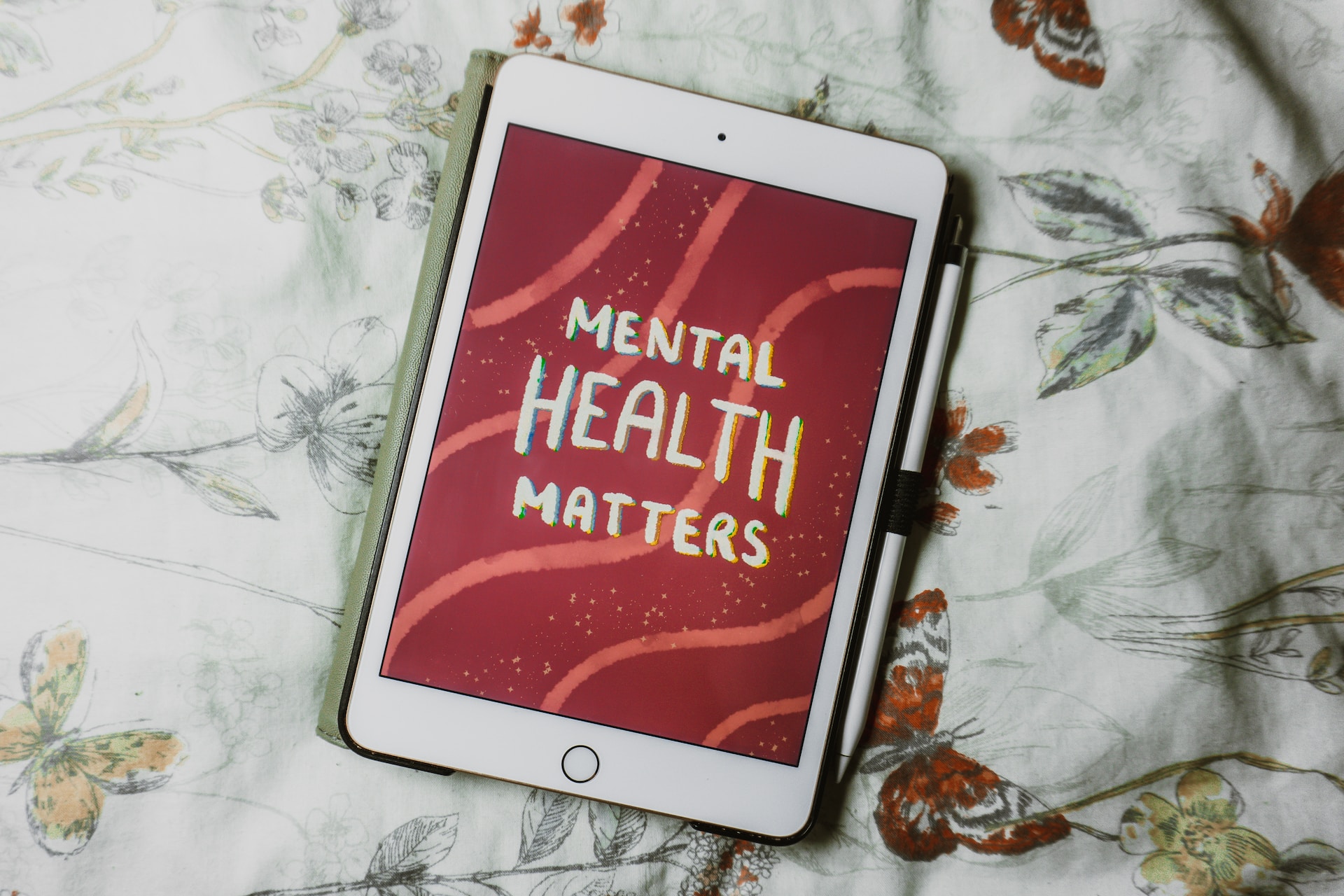The relationship between childhood trauma and adult depression is one that mental health experts have researched for years. And ample evidence points toward a clear connection.
At EXIS Recovery Inc, our team of highly trained trauma specialists and mental health providers understands the many factors that can contribute to adult depression. From genetics to hormones, many elements can influence your susceptibility to depression. One that’s garnered significant attention is the link between childhood trauma and adult depression and we explore that here.
More than 17 million adults in the United States suffered a major depressive episode in 2017, making depression one of the more common mental health problems to face our population. As mentioned above, there are many roads that lead to depression and our goal here is to highlight the role that childhood trauma can play.
While there are no parameters as to what constitutes a childhood trauma as everyone processes events differently, a few events seem to rise above others in terms of prevalence.
The most common drivers of childhood trauma include:
- Physical abuse
- Sexual abuse
- Domestic violence
- Bullying
- An accident
- Death
Again, this list is by no means comprehensive, but it gives you an idea of the types of situations that can be very traumatic for a child.
More often than not, children are unsure how to process a traumatic event and often don’t have the resources needed to do so effectively. As a result, children tend to develop their own coping mechanisms, which can range from isolation to rage.
As children enter adulthood, these unresolved issues can continue to manifest in myriad ways, depression included.
The Psychiatric Times reported on a key study that points to the link between childhood trauma and adult depression. In the study, researchers found that 62.5% of participants with major depressive disorder reported more than two traumatic events from their childhoods. In the control group (people without depression), the incidence of childhood trauma was only 28.4%.
What these numbers demonstrate is that there is a significant amount of crossover between childhood trauma and depression.
Further studies have shown that your risk for developing chronic depression as an adult increases with the number of traumatic events you experienced as a child.
At our center, we specialize in trauma and we offer a comprehensive program that helps patients resolve their childhood trauma so they can lead happy lives as an adult. Each patient is unique so we tailor a program to your specific needs, which may include:
- One-on-one psychotherapy
- Group counseling
- Sensory-motor therapy
- Trauma-focused cognitive-behavioral therapy
- Eye movement desensitization and reprocessing
- Dialectical-behavioral therapy
The goal behind each of these treatments is to release you from your trauma, allowing you to move forward without the emotional after-effects.
If you’re struggling with depression as an adult and you suspect childhood trauma may be a factor, contact our West Los Angeles, California, office so that we can help you take back your life.




